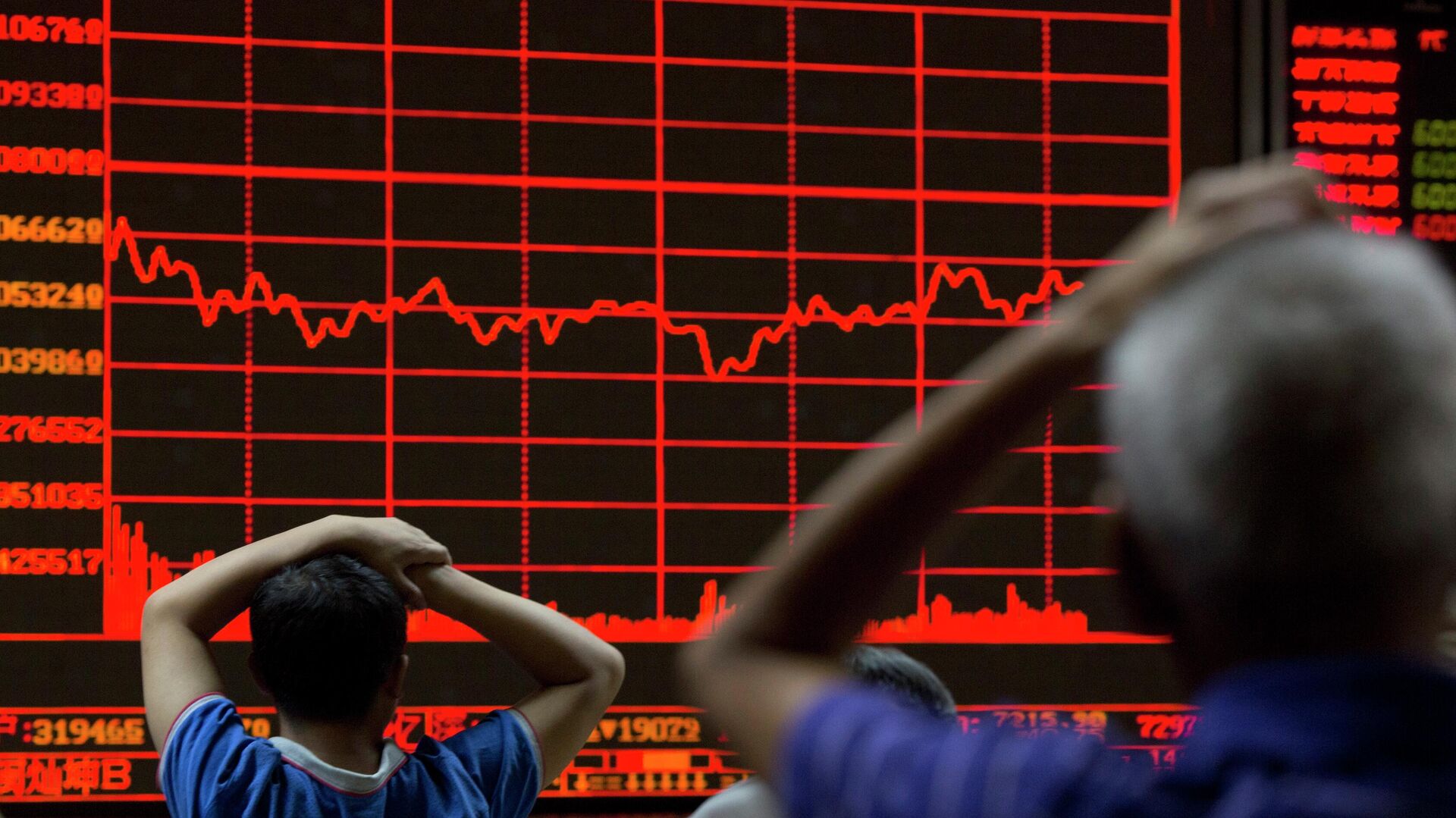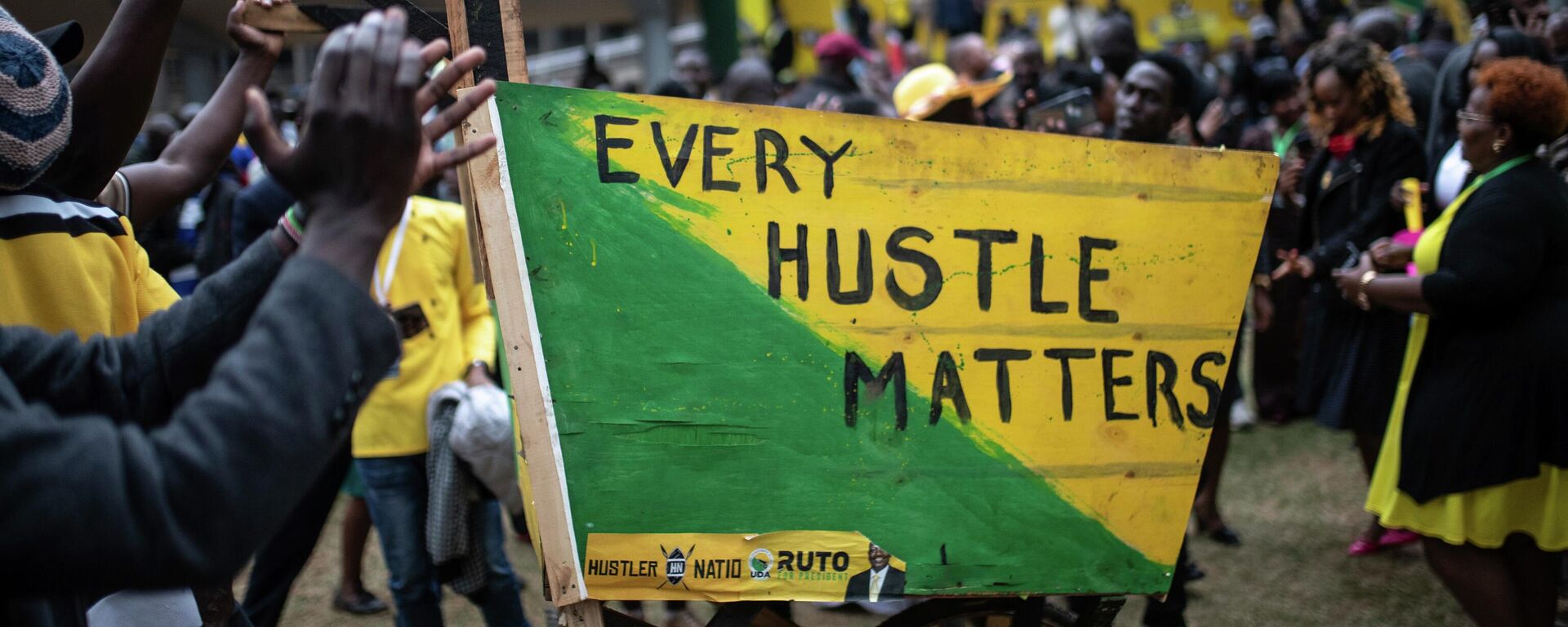Economic Collapse to Hit Zambia If Lenders Don’t Write Off Debts, Charity Warns
14:15 GMT 16.09.2022 (Updated: 11:36 GMT 23.11.2022)

© AP Photo / Ng Han Guan
Subscribe
Zambia has become the first African country to default on its debts since the pandemic in 2020. Now, the South African country is looking for opportunities to restructure its debt on the international markets.
Debt Justice, an organization aiming to stop debt from causing and exacerbating poverty, has called on international lenders to Zambia to write off a significant slice of their loans as the country faces economic collapse and needs to put its public finances back in order, The Guardian reports.
Zambia is struggling to rebuild its economy after it defaulted on its foreign debt in 2020. A hastily convened meeting of G20 in February 2020 in Saudi Arabia, aimed at finding ways to solve the economic consequences of the virus for the global economy, failed to deal with Zambia's debt. The South African country failed to pay a $42.5 million (£32 million) coupon on government bonds in October 2020; another missed payment on 14 November in the same year led to a technical default.

15 September 2022, 20:56 GMT
At the end of August 2022, the International Monetary Fund (IMF) has approved a $1.3Bln (£1.1Bln) loan to Zambia. According to the IMF, the loan was approved as in July, Zambia’s creditors agreed to restructure the country's debt. The IMF also noted that a debt-restructuring process would be implemented by the end of the year, since by that time the official creditor committee, led by China and France, would agree on ways to provide debt relief for the African nation.
However, the head of policy at Debt Justice, Tim Jones doubted whether another refinancing would be successful.
“If the IMF loan is used to pay off previous lenders, and further austerity is pushed on the people of Zambia, the crisis will continue for many years to come,” he said.
The IMF, in fact, does not always help to solve states' economic problems, according to critics. The organization’s help is conditional on a number of terms for reforming the economy, among which are economic liberalization and large-scale privatization.
Sometimes these conditions are accompanied by the condition of devaluing the national currency and stop supporting certain sectors of the economy.
As a result, the open national market can be taken over by multinationals displacing local producers. Thus, according to observers, Africa, receiving the IMF’s help from the second half of the 20th century, changed from being a self-sufficient agricultural producer to a country which buys food from western trans-national corporations and suffers from continual food crises.
Nearly half of Zambia’s external debt payments are to western private lenders, including BlackRock, the world’s largest fund manager based in New York City. According to Debt Justice, BlackRock was among the private sector lenders that had refused to reduce the interest rate on Zambian bonds.
“It is simply immoral for bondholders to demand full repayment and to make huge profits on Zambia’s debt while the country struggles with COVID-19, a major economic crisis and spiraling poverty levels,” said Sarah-Jayne Clifton, director of the Jubilee Debt Campaign. “The people of Zambia have suffered huge cuts to public services in recent years, with spending falling by 21 percent between 2019 and 2021. The root cause of this is the cost of high-interest private loans, primarily from private lenders such as BlackRock, which stands to make massive profits if paid in full,” Clifton added, referring to Zambia’s government cutting health and social care spending by a fifth in the past two years in an attempt to balance its budget.
Isaac Mwaipopo, a member of the Zambia Civil Society Debt Alliance also noted on Twitter that Zambia's debt crisis deprives people of getting appropriate healthcare, education and other social services.



